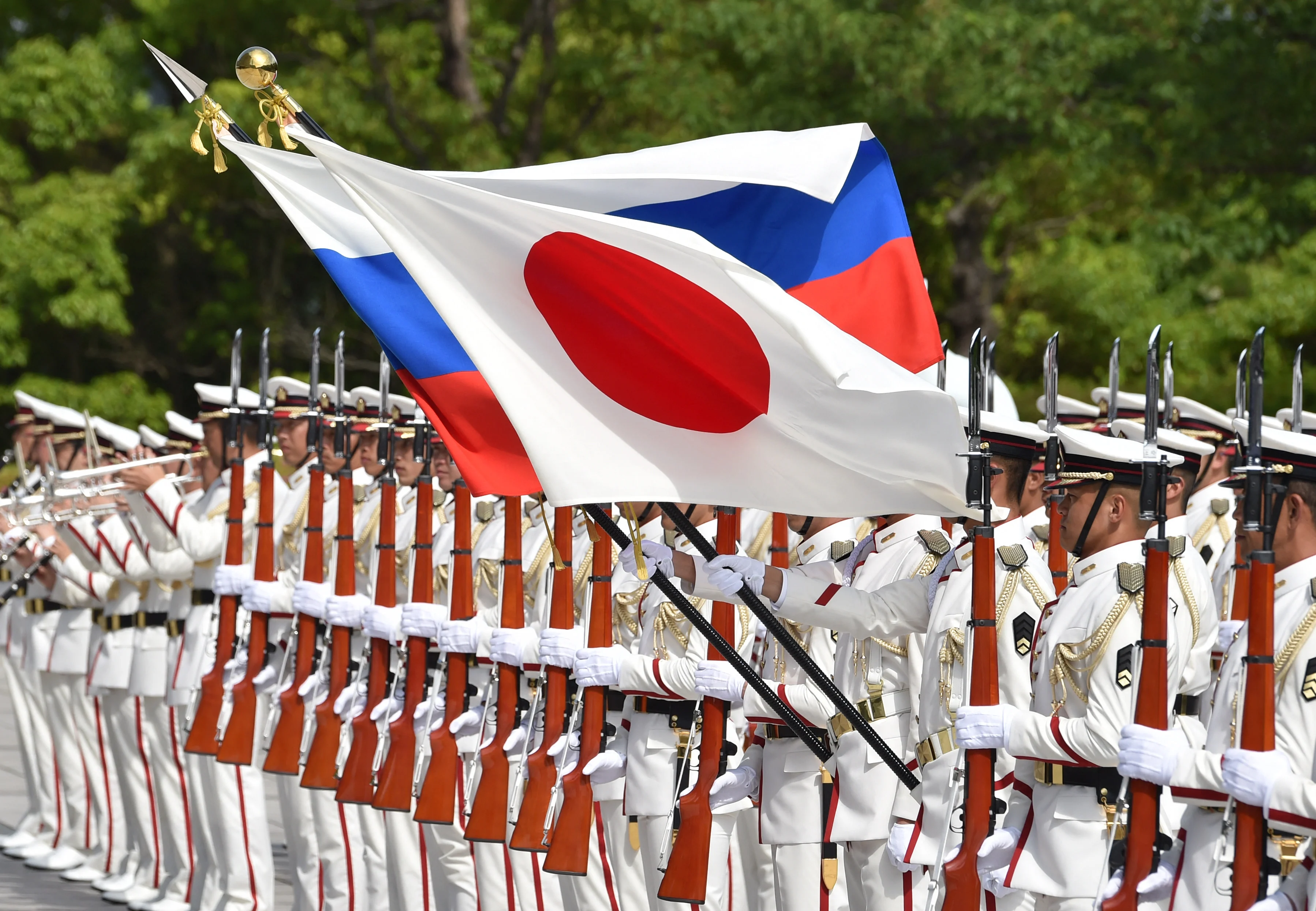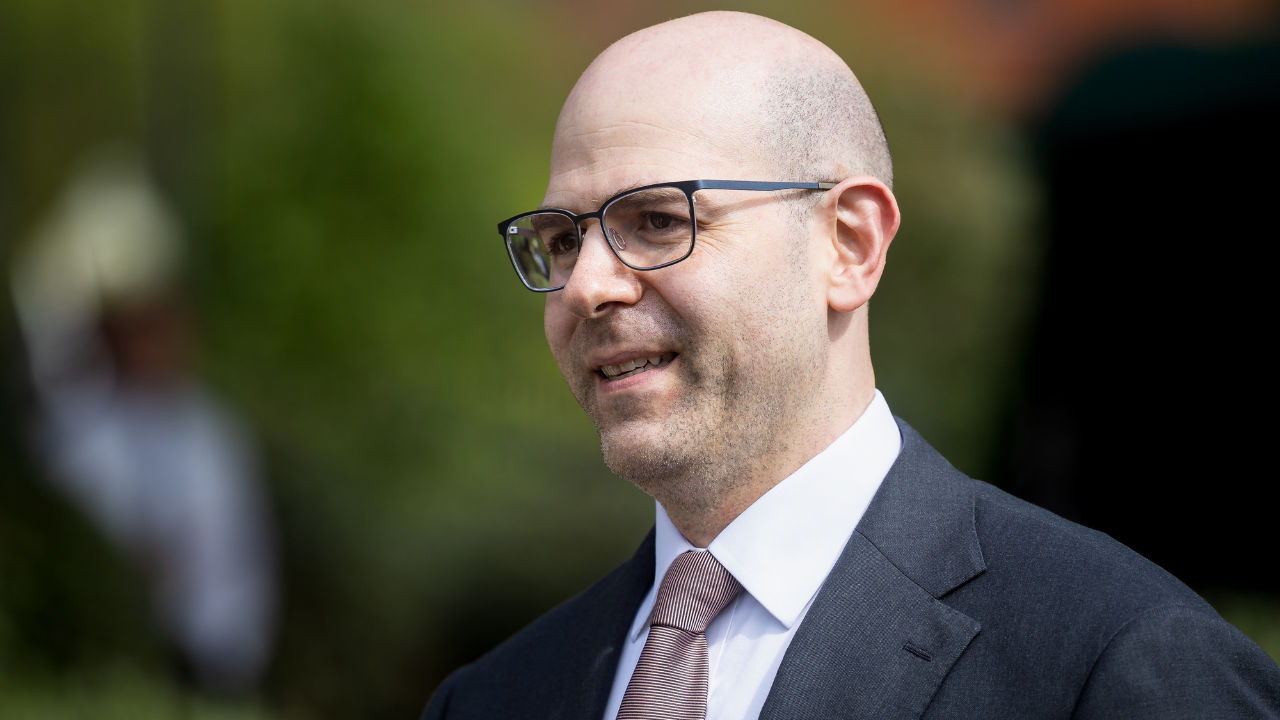By Julian Ryall
Copyright scmp

Tokyo will close all six of its government-funded Japan Centre offices in Russia – long tasked with promoting trade, language education and business ties – citing major changes in bilateral relations and the view that their mission has run its course.
While Japanese officials framed the move as a functional decision, analysts say it reflects a broader shift in Tokyo’s posture towards Moscow driven by the war in Ukraine, mounting pressure from Western allies and recent police raids on Japanese institutions inside Russia.
Chief Cabinet Secretary Yoshimasa Hayashi announced the decision at a press conference in Tokyo on Wednesday, stating: “Amid major changes in the situation around Japan-Russia relations, the Japan Centres have fulfilled their historic roles.”
Set up in 1994 following the collapse of the Soviet Union, the Japan Centres were intended to support Russia’s economic transition and deepen bilateral ties. They offered seminars on doing business with Japan, facilitated internships for young Russians and hosted language and cultural programmes.
But in recent months, the centres themselves appear to have come under scrutiny from Russian authorities.
Russian state news agency Tass reported that Tokyo had informed Moscow of the decision on August 27 – one day after a police officer from Russia’s Internal Affairs Ministry conducted a search of the Japan Centre in Vladivostok. That same office had also been raided on July 30.
According to Kyodo News, staff were questioned during the inspections and documents were seized. Japanese officials said they were unsure what Russian authorities were seeking.
A similar search was carried out in September 2024 at the Japan Centre in Yuzhno-Sakhalinsk. Officials there were told the centre had breached regulations by offering language classes without a licence. In January, the office’s director was fined 30,000 roubles (US$353) by a regional court for “illegal educational activities”.
The Japanese government has not elaborated on the timing of the closures, but experts say the decision is consistent with Tokyo’s slow but steady distancing from Moscow since the 2022 invasion of Ukraine.
“I believe that Russia will care about this because it further weakens its business and trade ties with Japan, which continue despite international sanctions in Moscow,” said Yakov Zinberg, a professor of international relations at Tokyo’s Kokushikan University.
“The plan was to make Japan, South Korea and other countries in the region compete for gas and oil and earn money for Russia, with Moscow particularly hopeful of Japan remaining a major investor,” he told This Week in Asia.
Japan continues to import liquefied natural gas from Russia’s Sakhalin-2 project, even as Western allies have curbed Russian energy exports through sweeping sanctions, with Tokyo carving out an exemption to preserve supplies seen as vital to its energy security.
At the same time, Ukrainian government statistics show that while 953 Japanese companies have pulled out of Russia or frozen their operations in the country, a further 264 continue to do business there. The holdouts include video game manufacturer Bandai Namco, Japan Tobacco, finance firm JCB and heavy machinery firm Komatsu, which has a manufacturing plant in Yaroslavl.
Zinberg believes the gradual hardening of attitudes in Washington towards President Vladimir Putin’s government may have played a role, with the incoming leader of Japan’s ruling Liberal Democratic Party – to be chosen in a party vote on October 4 – likely eager to demonstrate support for US efforts to further isolate Russia and hasten an end to the war.
By contrast, Robert Dujarric, co-director of the Institute of Contemporary Asian Studies at Temple University’s Tokyo campus, is sceptical that the closures will cause Moscow much difficulty. He said the centres were more relevant during the era of former prime minister Shinzo Abe, who held regular talks with Putin over the possible return of a group of islands off the northern tip of Hokkaido.
Known in Japan as the Northern Territories, the islands were seized by Soviet forces at the end of World War II. Despite signing the 1956 Japan-Soviet Joint Declaration that restored diplomatic relations and committed both sides to negotiate a peace treaty, Tokyo and Moscow have never resolved sovereignty over those islands – meaning a formal peace treaty ending hostilities has never been signed.
With relations now at a low point, Dujarric said further negotiations over the islands were highly unlikely, rendering the Japan Centres largely obsolete.



